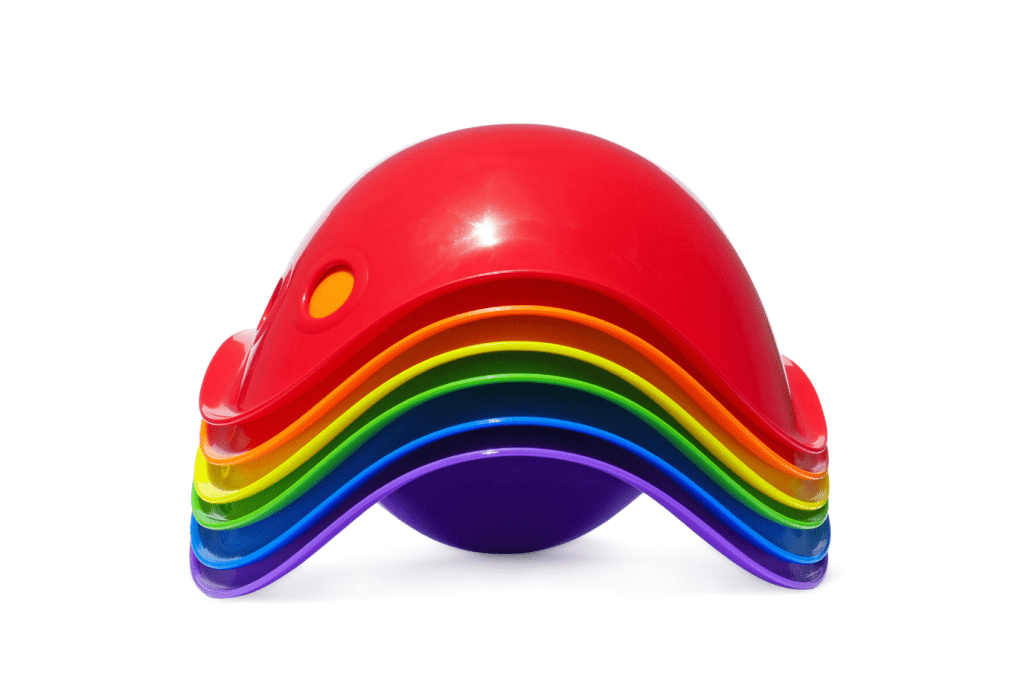Menu
-
- Valentine's Gifts
- Lunar New Year Gifts
-
Shop Gifts By Age
- Gifts For a 0-6 Month Old
- Gifts For A 6-12 Month Old
- Gifts For A One Year Old
- Gifts For A Two Year Old
- Gifts For A Three Year Old
- Gifts For A Four Year Old
- Gifts For A Five Year Old
- Gifts For A Six Year Old
- Gifts For A Seven Year Old
- Gifts For An Eight Year Old
- Gifts For A Nine Year Old
- Gifts For A Ten Year Old
-
Shop Gifts By Budget
- New Arrivals
-
Toys
- Large Active Toys
- Animal Toys
- Arts & Crafts
- Award-Winning Toys
- Bath Toys
- Birthday Wishlists
- Building Toys
- Cars, Trains, & Trucks
- Games
- Instruments
- Loose Parts Play
- Loot Bag Toys
- Made in Canada
- Outdoor Toys
- Pretend Play
- Puzzles
- Sensory And Fidget Toys
- Sensory Bin Tools & Fillers
- STEM Toys & Activities
- Toronto-Themed Gifts
- Travel Toys
- Wooden Toys
- Waiting Room Toys & Furniture
-
Montessori Materials
- Montessori At-Home Program
-
Montessori Furniture
-
Bundles & Sales
-
Books
-
Shop By Age
-
Shop By Brand
- Brands A-F
- Brands G-L
-
Brands M-R
- MagicPlaybook
- Magna Tiles
- Make Believe Ideas
- Makedo
- Manhattan Toys
- Math for Love
- Milaniwood
- MindWare
- Mojo Toys
- Moluk
- Moulin Roty
- Native Northwest
- nic
- Nienhuis
- Ooly
- Opinel
- Ostheimer
- Papoose
- Peaceable Kingdom
- Plan Toys
- Plus-Plus
- Preschool Collection Watches and Timers
- Ravensburger Puzzles
- Real Life Pages
- Brands S-Z
-
- 866-901-4696
- Gift Registry
- Login

Why Montessori Teachers Don’t Encourage Children to Share...
3 min read

Have you ever had a playdate and felt unsure of what to do when your child doesn't want to share their toys?
It can be so uncomfortable!
On one hand you want all the children to get along and have fun…
But you might also feel bad for your child, who was happily playing with a toy they love, only to have it plucked from their hands.
This can leave your child confused, upset, and likely on the verge of a meltdown.
And simply telling them, 'you need to share' is not going to stop the tears.
So how can you teach your child to share in a way that's not frustrating for you both?
It is possible, it’s just maybe a little different than you think...

Why Montessori doesn't encourage sharing
(or at least the way you probably think of sharing)...
For children under 3, sharing doesn’t come naturally.Children this age prefer solitary play until at least 15 months, when parallel play begins.
Parallel play is when children are working next to, or in close proximity to other children, but are still not playing together.
If you’re interested, click here for a great overview of the different stages of play in my last article.
They just aren’t developmentally ready to share.
Even past 3, children still need years to understand the benefits of working together and sharing.
So how can we end the playdate and playground wars without undermining them or causing a lot of unnecessary frustration?
1. Give children the freedom to use a toy for as long as they like
In a Montessori classroom, children are encouraged to work with the materials for as long as they want.It's only when a material is returned to the shelf, that the other children can have a turn.
Not only does this make a play space more peaceful and respectful, it also allows children to develop deeper concentration. It gives them the time and space to focus.
2. Give them the language
In the classroom, a child who wants to work with a material that is already being used by another child is gently told to wait their turn.A Montessori teacher facilitates this by encouraging the child who is already working with the material to say “This is my work, wait your turn.”
It usually comes out as “My work, wait!” but the message is still clear :)
After a few months of consistent messages, a broken record of “wait your turn”, the children eventually absorb the message and we no longer see them reaching for others work.
The classroom is at peace when the expectation to share is removed.
3. Prepare them for playdates
When a friend is invited over, it can be helpful if you talk to your child ahead of time and choose some toys they would be willing to let their friend play with.It's important to respect their decisions. For some children their toys are prized possessions and having someone else touch or play with them can be very stressful.
4. Model it
Like anything you want to teach your child, the best way to do it is to model that behaviour.You can practice playing together and taking turns, as well as using respectful, patient communication while playing.
When all else fails...
Yes, even with implementing all 4 steps, there will still be days that are frustrating - playdates when your child will be the grabber or you'll have a child visit who hasn't been shown how to wait their turn.Take a deep breathe and have a little empathy for these little people. A child's toys are often the most important things to them and it can be hard to watch anyone else play with them.
Join Our Montessori Community
Sign up to get weekly activities, free printables, Montessori parenting guidance, and so much more.
Plus, get $10 off your first order of $100+.
Like this article? Get new articles, weekly activities, free printables, Montessori parenting guidance, and so much more.
One mom recently shared:
"Your newsletter is always SO great. It is one of the few I open and read weekly. You provide so much value. Thank you!"




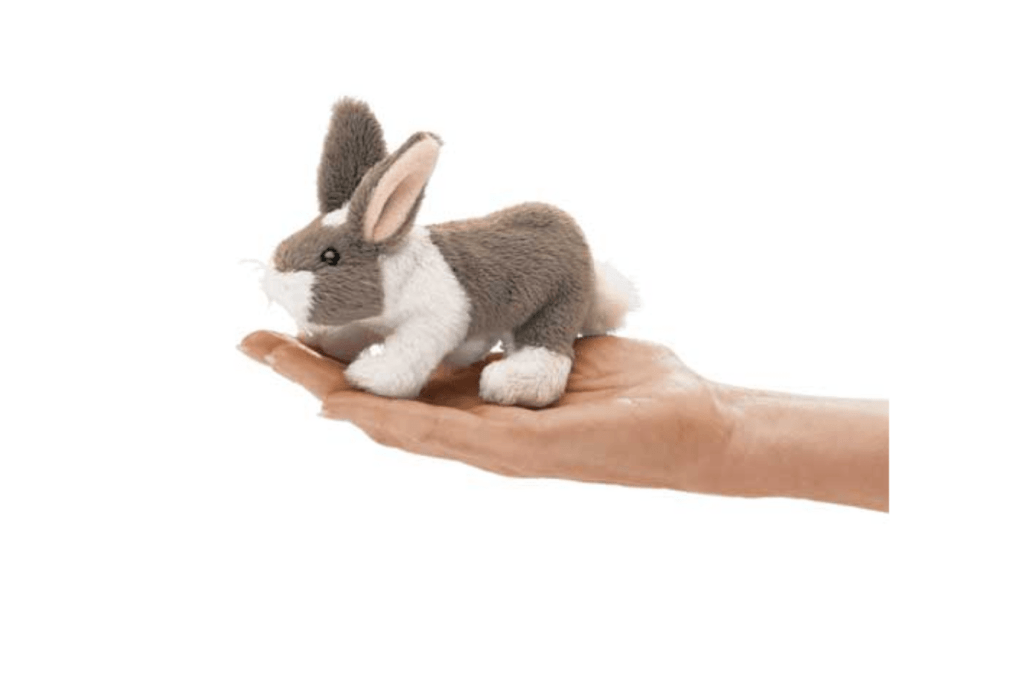
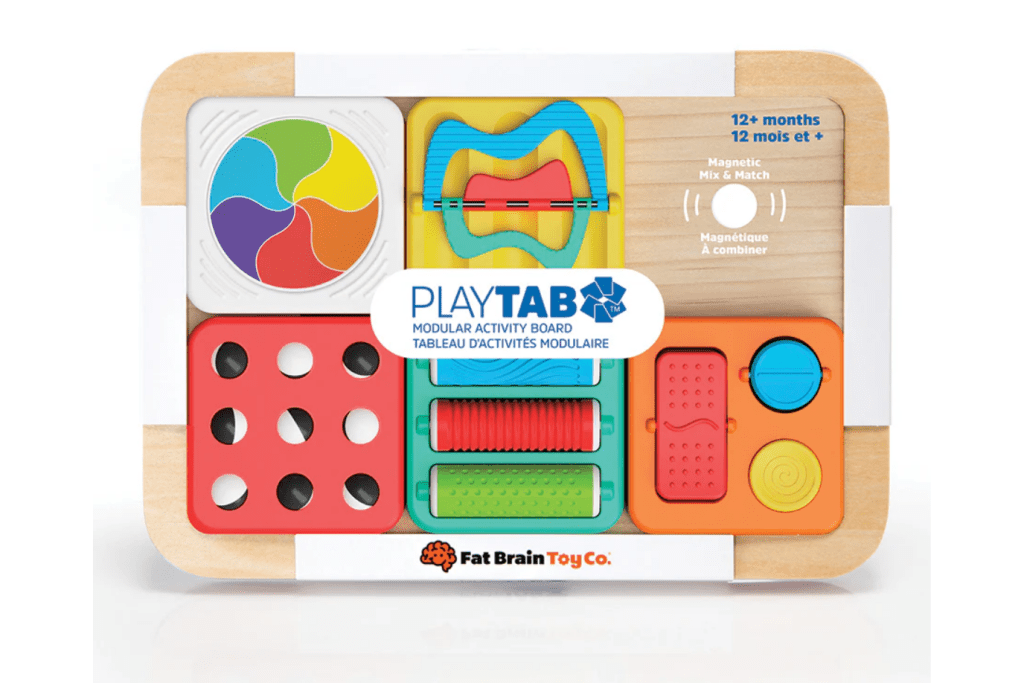
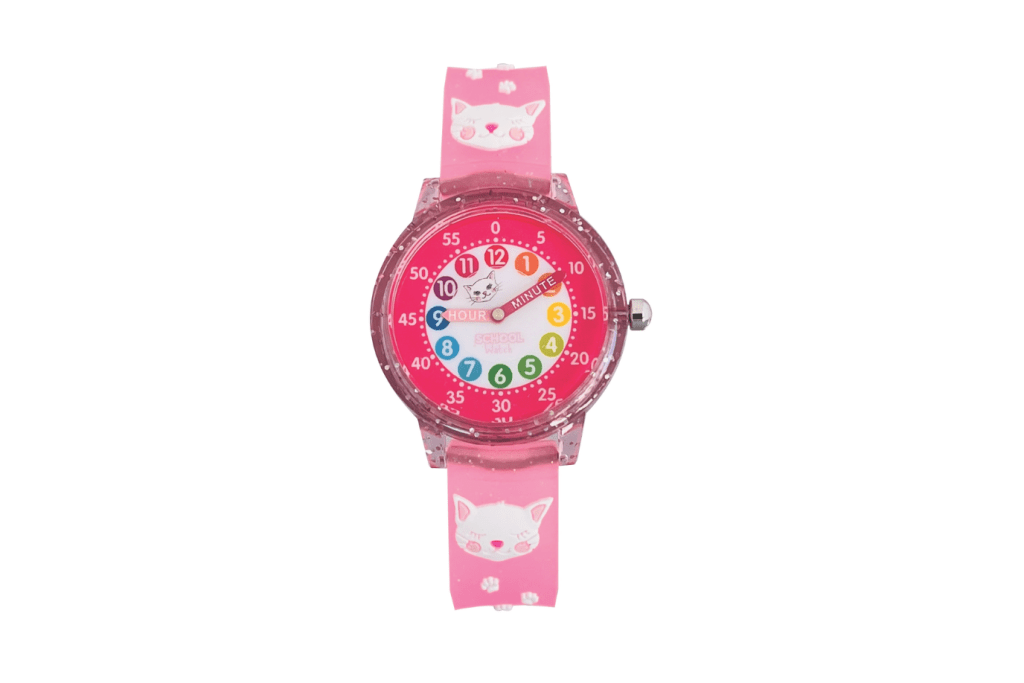
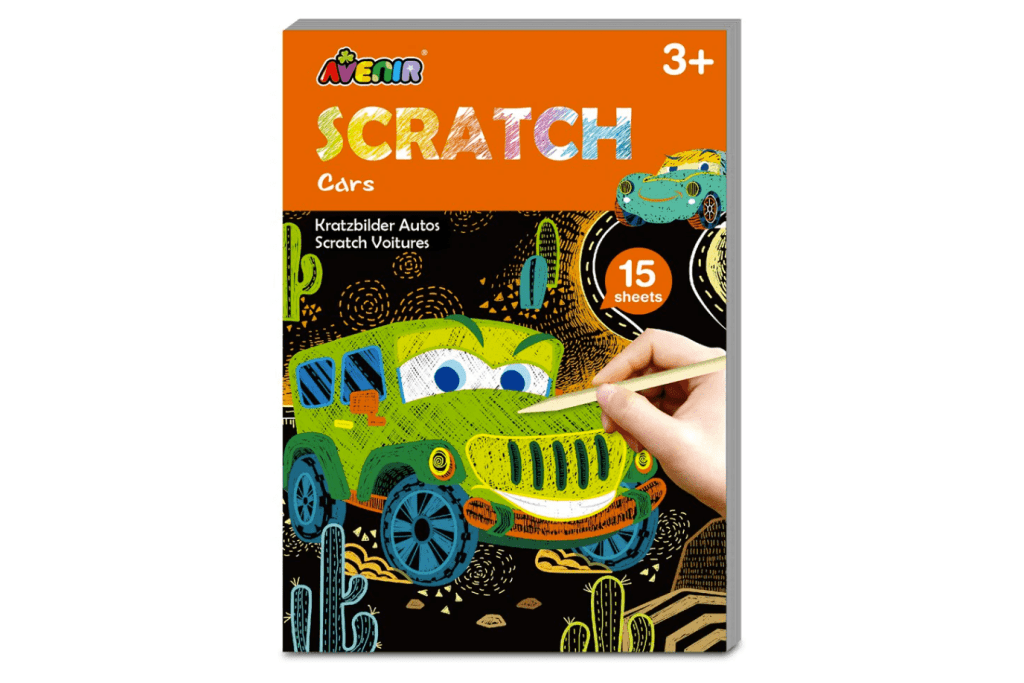

![Kidamento Kidamento Children's Cameras [3 Models]](http://themontessoriroom.com/cdn/shop/products/kidamento-childrens-cameras-3-models-661353_1600x.png?v=1699075281)
